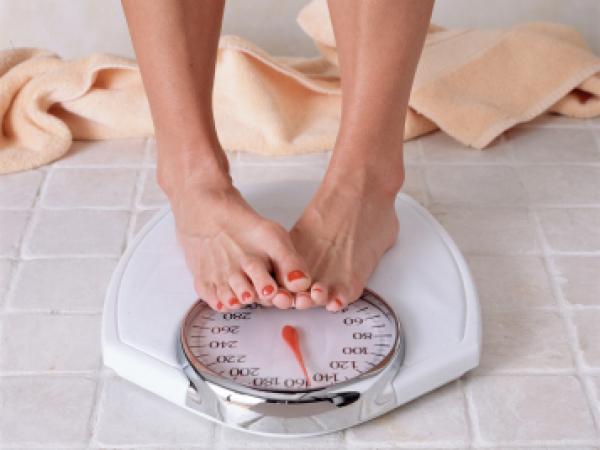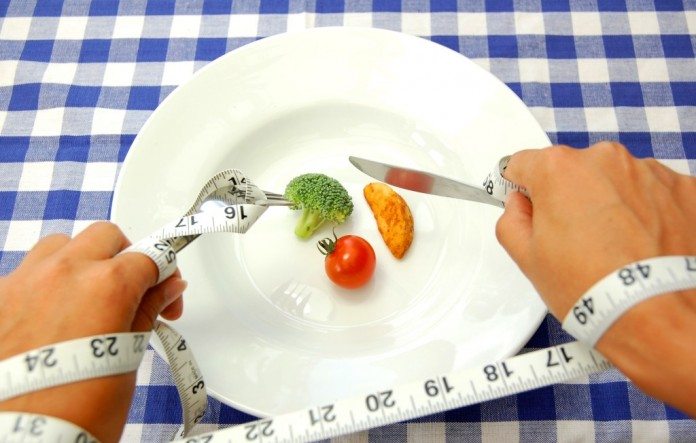Eating disorders define illnesses characterized by irregular eating habits along with severe distress or concerns on the body shape or weight. These may include inadequate or excessive food intakes which would in turn damage a person’s health. Anorexia Nervosa, Binge eating disease, and Bulimia Nervosa are the most common disorders that affect both males and females. They may develop at any stage but commonly appear during the teen or young adulthood stages.
People suffering from eating disorders may display only one symptom or a combination of symptoms while in some cases they may not display any at all. Such individuals may tend to behave in a certain way. They will try to conceal their behaviors or may at times be unaware that something about their eating habits is wrong. Some physical, behavioral and psychological warning signs could signal an onset or the presence of an eating disorder. These may include;
• Weight changes
A person raises issues with their body weight or shape and expresses desires to cut weight and or look different. He/she talks more on healthy eating and dieting or gets active on a diet.

• Reduced energy
A person may experience a rapid loss of weight or some rapid weight changes. Their energy levels may decrease suddenly due to reduced caloric intakes. They may lose interest in activities that they once enjoyed.
• Depression
An individual displays a sudden change of moods and may appear depressed, irritable and anxious than normal. This may be common with teenagers.

• Odd behaviors during and after meals
A person may display unusual behaviors while and after taking meals. For example, frequent trips to the bathroom while eating, refusal to eat in the presence of other people, strange rituals with foods such as eating in a certain order.
• Chronic dieting
The person may take up some dieting behaviors such as fasting, avoiding some foods such as fats, counting calories among others.
• Compulsive or excessive exercising
One may become highly obsessed with exercising even in extreme conditions such as in bad weather, exercising while injured or sick or even getting distressed if exercising is impossible. This exercising may not be followed by caloric intakes.

• Changes in food preferences
The person’s interest in food changes and they may claim to dislike foods they previously liked, replace meals with fluids or get preoccupied with healthy eating suddenly.
• Extreme sensitivity to body-related comments
A person gets excessively sensitive on comments related to body shape, weight, exercise and eating habits. They are easily irritable and may have reduced esteem levels.











